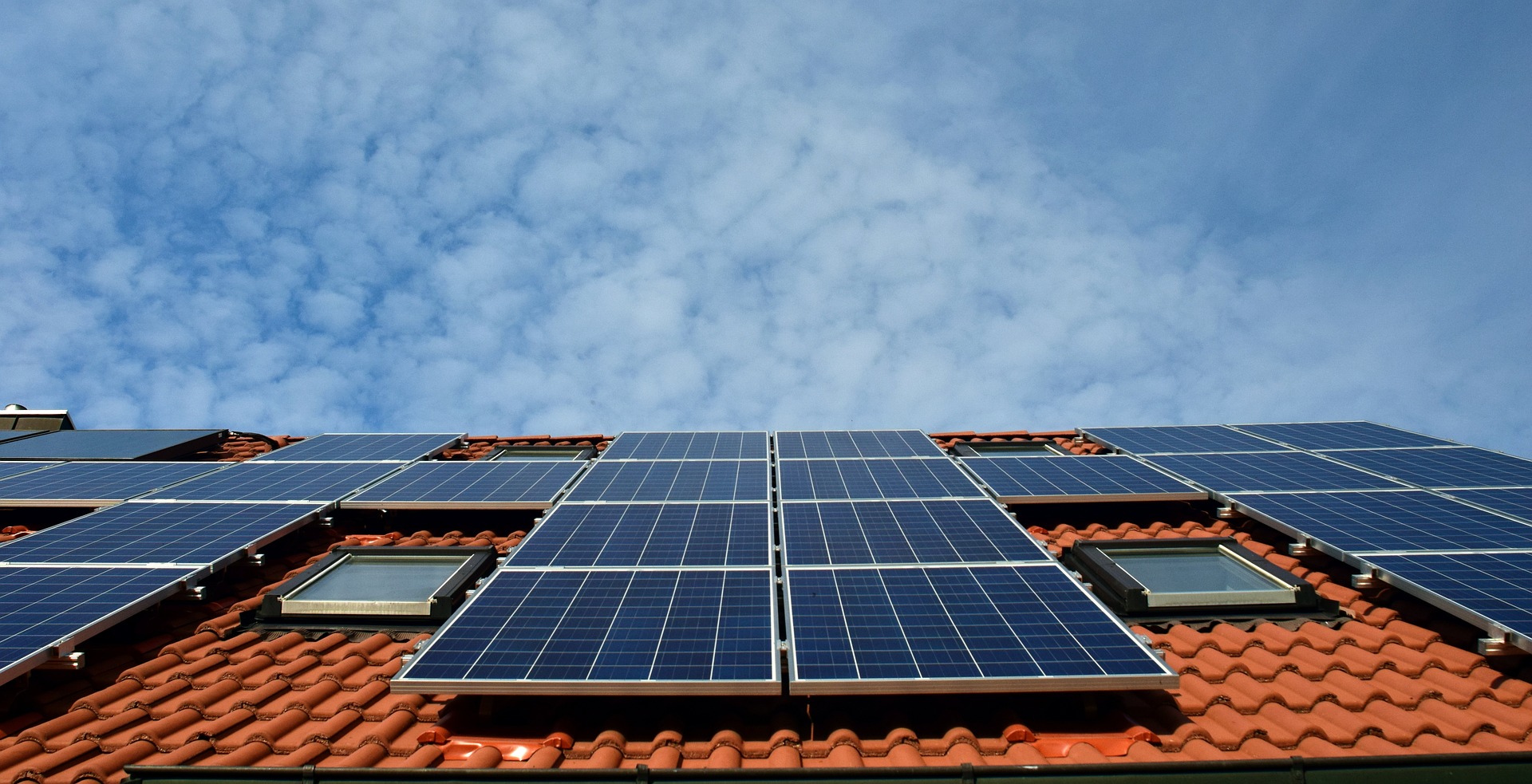Introduction
In recent times, the global push towards sustainable and renewable energy sources has gained immense traction. Among these sources, solar energy stands out as one of the most promising solutions to combat climate change and reduce dependency on conventional fossil fuels. India, being endowed with abundant sunlight throughout the year, has tremendous potential to harness solar power. In this article, we will explore the groundbreaking initiatives taken by First Solar to manufacture solar panels in India, without relying on China's inputs. We aim to highlight the significance of this venture and its potential to transform India's renewable energy landscape.
Solar Energy's Role in India's Future
Solar power has emerged as a game-changer in the global energy landscape, and India recognizes its importance in achieving energy security and sustainability. With soaring energy demands and environmental concerns, India's commitment to harnessing solar energy has strengthened over the years.
First Solar's Vision: A Glimpse into the Future
First Solar, a leading American solar panel manufacturer, has taken a monumental step towards bolstering India's renewable energy sector. By establishing a manufacturing unit in India without relying on Chinese inputs, the company aims to support India's vision of becoming self-reliant in solar technology. This strategic move not only paves the way for technological advancements but also aligns with India's 'Make in India' initiative.
Advantages of Domestic Solar Panel Production
1. Enhanced Energy Security
India's dependency on fossil fuel imports has been a concern for its energy security. With domestic solar panel production, the country can reduce its reliance on external sources and mitigate the risks associated with volatile international markets.
2. Economic Growth and Employment Opportunities
The establishment of solar panel manufacturing facilities creates a significant number of jobs and fosters economic growth. This industry can become a hub for skilled and semi-skilled labor, contributing to the nation's prosperity.
3. Technological Advancements
With domestic manufacturing, India gains the ability to innovate and develop cutting-edge solar technologies that cater to its unique needs. This opens up opportunities for research and development, further propelling the growth of the renewable energy sector.
Solar Power and Environmental Impact
1. Carbon Emission Reduction
Transitioning towards solar power significantly reduces carbon emissions, a major driver of climate change. By replacing conventional fossil fuel-based electricity generation, solar energy can play a crucial role in India's efforts to combat global warming.
2. Cleaner Air and Water
Solar energy does not produce harmful pollutants or particulate matter, leading to improved air quality and reduced water pollution. Embracing solar power can have positive implications for public health and ecological balance.
India's Policy Initiatives
The Indian government has been proactive in promoting solar energy adoption through various policy incentives and financial support. Initiatives like the Solar Energy Corporation of India (SECI) and the National Solar Mission have been instrumental in driving solar installations across the country.
First Solar's Contributions to India's Solar Revolution
First Solar's decision to manufacture solar panels within India's borders showcases its commitment to the nation's sustainable development. The company's investment and expertise will not only drive technological advancements but also stimulate growth in the solar sector.
Conclusion
India's journey towards energy independence and sustainability hinges on the widespread adoption of solar energy. First Solar's decision to manufacture solar panels in India, without reliance on Chinese inputs, marks a pioneering step towards this goal. By embracing solar power and encouraging domestic manufacturing, India can secure its energy future, foster economic growth, and combat climate change. The convergence of technological advancements and policy support creates a promising landscape for solar energy in India, propelling the nation towards a cleaner and greener future.
Frequently Asked Questions
Q1: What is solar energy?
A1: Solar energy is a renewable source of energy that is harnessed from the sun's rays and converted into electricity or heat.
Q2: How does solar power work?
A2: Solar panels capture sunlight and convert it into direct current (DC) electricity, which is then converted into alternating current (AC) by inverters, making it suitable for home or business use.
Q3: Are solar panels environmentally friendly?
A3: Yes, solar panels produce clean energy and do not emit harmful greenhouse gases, making them an environmentally friendly energy solution.
Q4: What are the benefits of solar energy?
A4: Solar energy helps reduce electricity bills, decreases reliance on fossil fuels, contributes to a cleaner environment, and promotes energy independence.
Q5: Is solar energy suitable for my home?
A5: Solar energy is a viable option for most homes with suitable roof space and access to sunlight. A professional assessment can determine the feasibility for your specific location.
Q6: How long do solar panels last?
A6: High-quality solar panels can last 25-30 years or more with proper maintenance and care.
Q7: Will solar panels work during cloudy days?
A7: Solar panels can still generate electricity during cloudy days, but their efficiency may be reduced compared to sunny days.
Q8: Are there government incentives for installing solar panels?
A8: Many countries offer various incentives, such as tax credits, rebates, and feed-in tariffs, to encourage the adoption of solar energy.
Q9: How can I maintain my solar panels?
A9: Regularly cleaning the panels, monitoring performance, and scheduling professional inspections can help maintain the efficiency and longevity of solar panels.
Q10: Can solar energy system be connected to the grid?
A10: Yes, solar energy systems can be grid-tied, allowing excess energy to be fed back into the grid, potentially earning credits or reducing electricity bills.











0 Comments